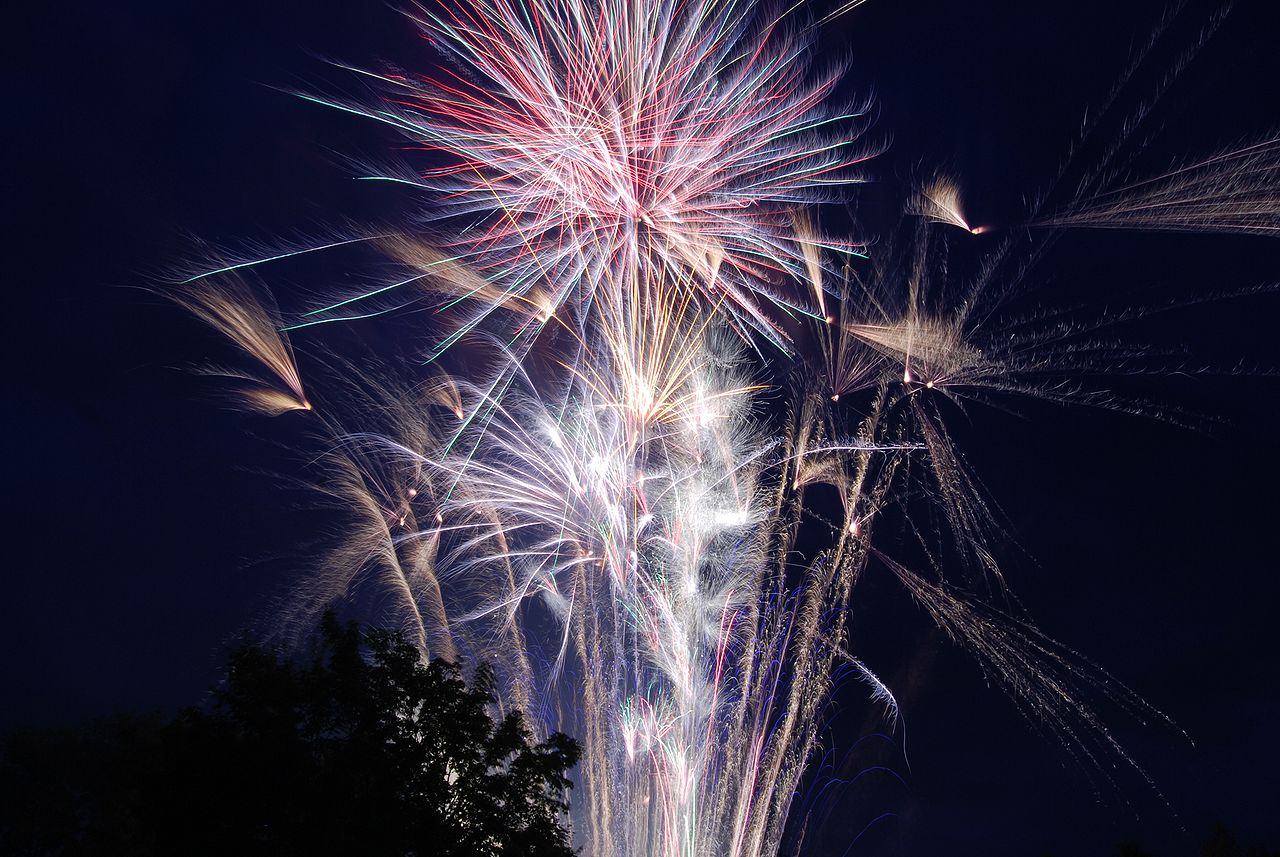Today would have been the date St Patrick, Jonathan Swift and William Shakespeare celebrated as New Year’s Day. You and I might say it’s the 14th January, but according to the Julian calendar, today is 1st January.
For some Orthodox Christian communities, yesterday was still 2014, and today begins 2015. the Julian calendar, introduced by Julius Caesar in 46 BC, became the predominant means of recording dates for over 1500 years.
The Gregorian calendar, which we use, was introduced in 1752. It was unfortunate if you had a birthday in September. The calendar jumped from Wednesday 2nd September to Thursday 14th September 1752!
For millions of people with heritage in Eastern Orthodoxy, today is a day of celebration, family and community. In Macedonia, it’s known as “Old New Year” – people celebrate with massive bonfires and communal feasts. Homemade pita bread with coins inside are shared. Whoever finds the coin gains good luck for the coming year. Russia celebrates with quiet family time, singing nostalgic carols or telling one another’s fortunes. Many celebrate both dates of the New Year. For those who are motivated by resolutions, today is a new opportunity to reinvigorate any ideas we meant for the New Year but haven’t quite managed to put into practice!
On a larger note, this day in 1784, the US Congress ratified the Treaty of Paris declaring peace between the USA and the UK after the 7-year War of Independence that had led to the deaths of over 60,000 people. The war had ended on April 11, 1783, but this treaty formalised this peace, which became known as the Peace of Paris. The Orthodox year of 1785 thus began with this incredible victory of peace over conflict. It began a whole new era of newly positive relations across the Atlantic.
This day serves as a reminder of the constant challenge to improve in our relationships with others, to let go the past and to work for a future with genuine compassion towards others. It reminds us how ultimately arbitrary particular dates are. Any day could have been chosen to be the beginning of the New Year. In a similar way, each new day is an opportunity for a new start, a clean, blank slate. Such redemption and opportunity is central in St. Paul’s letters, who encouraged communities to, “Forgive as the Lord forgave you” (Colossians 3:13). Countless violent conflicts based fundamentally on disputes could begin to be resolved, if only we were willing to let go of our past disagreements with others.
Image credit: CC-BY-SA-3.0/Matt H. Wade

Comments:
TVM